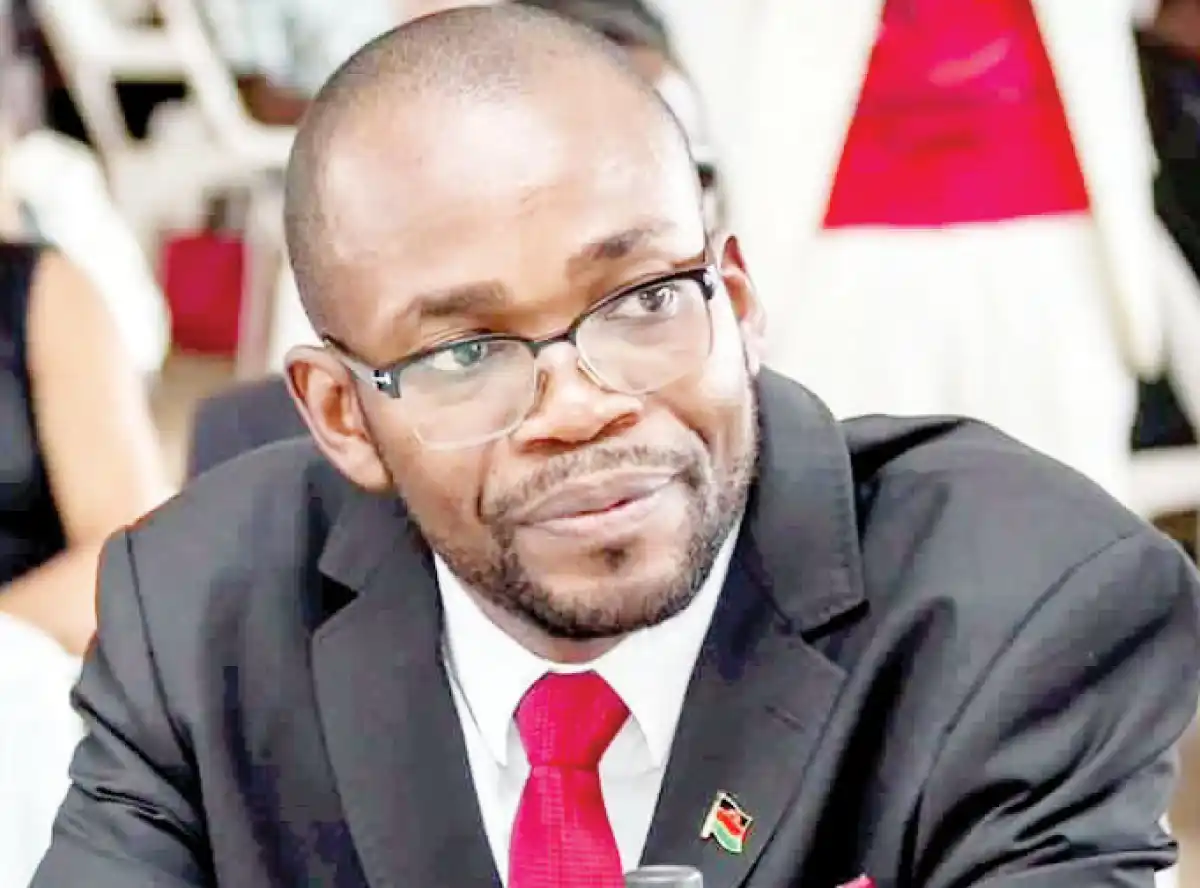

The government has justified the presence of over 10 traditional leaders at the just-ended Conference of the Parties (CoP)29 in Baku, Azerbaijan.
The United Nations Climate Conference ran from November 11 to 22.
The list of those that attended the conference included 11 traditional leaders.
These are paramount chiefs Kaduya of Phalombe District, Inkosi ya Makosi Gomani of Ntcheu District, Kawinga of Machinga District and Lundu of Chikwawa District.
Others were Senior Chief Lukwa of Kasungu District, Mavwele of Mchinji District, Kalolo of Lilongwe District, Maganga of Salima District, Chikulamayembe of Rumphi District, Mulolo of Nsanje District and Santhe of Kasungu District.
One of them, Kaduya, confirmed being in Azerbaijan, adding that the conference was beneficial to them as they and community members have been bearing the brunt of climate change effects.
Kaduya said, for instance, that they learned that collaboration was key to mitigating the impacts of climate change.
She cited the effects of Cyclone Freddy, which hit Phalombe District and several other Southern Region districts after making landfall in Malawi on March 11 2023, as requiring collaboration of stakeholders to manage.
Chairperson for the Least Developed Countries group on climate change, who was also the focal point for the Malawian delegation at the conference, Evance Njewa, backed the chiefs when we sent him the list of the 11.
“Chiefs are custodians of climate change. Those that came attended their meetings and went back home.
“Not everyone uses taxpayers’ money. For example, me—I am always funded by the United Nations. And many others are supported by different development partners,” Njewa said.
Government spokesperson Moses Kunkuyu also backed the chiefs’ presence.
“I cannot confirm which chiefs were there but let me say that the United Nations does recognise indigenous leaders in their organisation and does invite and encourage the participation of traditional leaders at the Climate Change Conference.
“Among the over 50,000 participants this year in Baku, there were over 1,850 traditional leaders in attendance and they had specific expectations that they were pushing—through their forum—to the Conference of the Parties for consideration,” Kunkuyu said.
Kunkuyu, who is also the Minister of Information, added: “Among them was the push for climate financing whose benefits would largely be felt within their traditional jurisdictions as they are the ones on the receiving end of climate-induced disasters.
They are also key stakeholders in climate action.”
The government’s backing of the chiefs comes against the observation by the Centre for Human Rights and Rehabilitation that the composition of the chiefs’ delegation was too big.
“This is a clear waste of taxpayers’ money. At a time when the country is facing a forex crisis, widespread poverty and the devastating impact of the current fuel crisis, sending chiefs to international fora raises serious questions about the government’s commitment to tackling the issues that affect the public.
“The resources spent on such delegations could be better used to address pressing economic challenges and support vulnerable communities, rather than serving as political patronage for traditional leaders,” Kaiyatsa said.
Malawi’s delegation to the conference was led by State Vice President Michael Usi, who delivered a speech in which he reminded rich nations to honour their climate change financing promises.
CoP is the supreme global forum of the United Nations Framework Convention on Climate Change dedicated to addressing climate change issues.


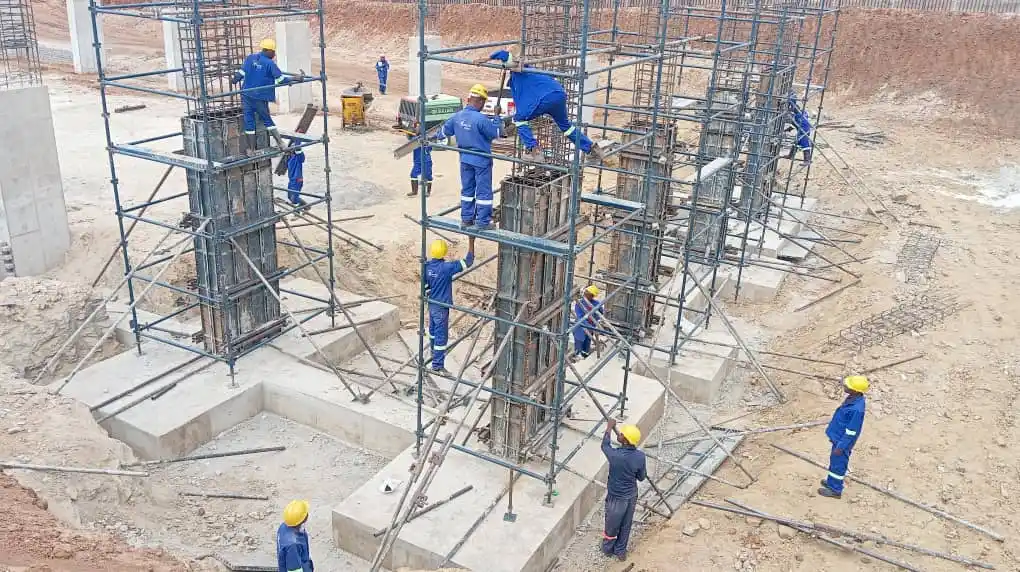
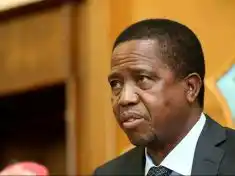
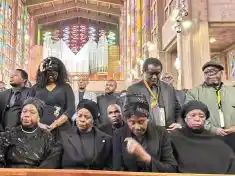
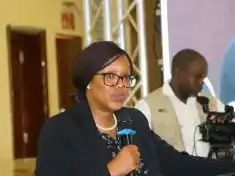
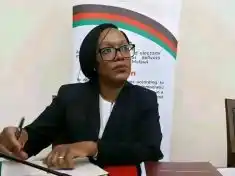

0 Comments